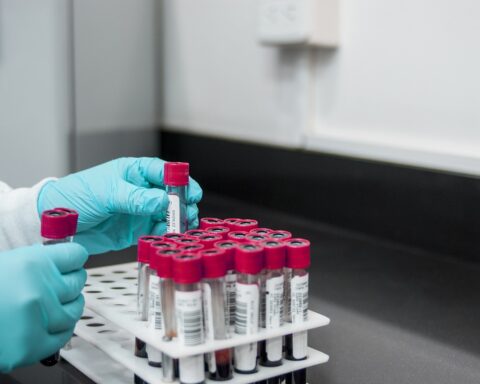A new report from the Association of the British Pharmaceutical Industry has determined that the United Kingdom leads Europe in early clinical phases but falls short when it comes to later-stage studies. This means that the country leads in preliminary research but does not invest in the research that cures diseases and finds new treatments.
Findings come from the ABPI’s first annual report into these clinical trials. They demonstrate both the strengths and weaknesses of the UK’s clinical research sector, and the ABPI doesn’t seem interested in sugar-coating the fact that the UK needs to invest more in research to remain viable for outside investors.
The ABPI’s Report
The report from the ABPI determined that cancer research is the United Kingdom’s strongest research area, with an average of around 200 trials per year since 2012.
The country is also a world-leader in research for heart disease, immunology, and conditions affecting the nervous system. Furthermore, the figures show that in 2017 the UK ranked first in Europe and third globally for the number of phase one trials and ranked second in the world and first in Europe for phase two trials.
Still, when it comes to later trials, the UK does not do as well. In 2017 the UK ranked fifth globally for phase three. This is behind Germany, Spain, Canada, and the United States, which dominates global rankings across the board.
Staying Relevant
There are a lot of concerns about how Brexit will affect the investment in research. After all, the foreign investment makes up a lot of the total investment in clinical research in the UK. With the UK getting more expensive to perform this kind of research and emerging economies like China and Brazil becoming quite enticing for investors, the UK will have to try to get people to continue to invest in their R&D and clinical trials. According to the site MoneyPug, which is used to find life insurance, European countries heavily invest in science and healthcare and the competition is fierce.
What the Future Will Hold
While the UK is still a powerhouse when it comes to clinical research, maintaining this position and its benefits will be difficult in the face of Brexit and global change.
An average of 28 percent of all clinical trial applications in the EU came from the UK over the last decade but the fear that this will change is real. This success was built upon the ability to attract investment, and the trajectory doesn’t seem good for the UK, who will have trouble keeping this up. It is almost certain that with pressures from Brexit they will not be able to.
Additional revenues and cost savings, such as providing medicines to trial participants, save the NHS around 28 million pounds a year. This is not insignificant. Not only does this research save the healthcare infrastructure of the UK in general, but it also helps the health of the citizens.
The report from ABPI calls on the government to spend more on investment in research and development. The country has already committed to spending 2.4 percent of GDP on research and development by 2027 and 3 percent by 2030.
Despite the number of clinical trials remained steady in 2012, post-Brexit United Kingdom will likely negatively impact the clinical trial investment. Research stability is essential to the sector’s strength after Brexit.
Both private and public sectors will need to work collaboratively to maintain the stability seen since 2012 and to future proof the UK’s sciences and healthcare.
With the UK specializing in phases one and two, and as Brexit looms, the country will have to diversify and focus on not exporting the research findings but using it for the health of UK people.
This is not the case if the country wants to make money on research, but pivoting may help the UK transition into a new era. It remains to be seen, but it may be better to cut losses and focus on something that will be more successful in the country.
The United Kingdom will not be able to go back, but it is possible to pivot in a meaningful, effective way.








